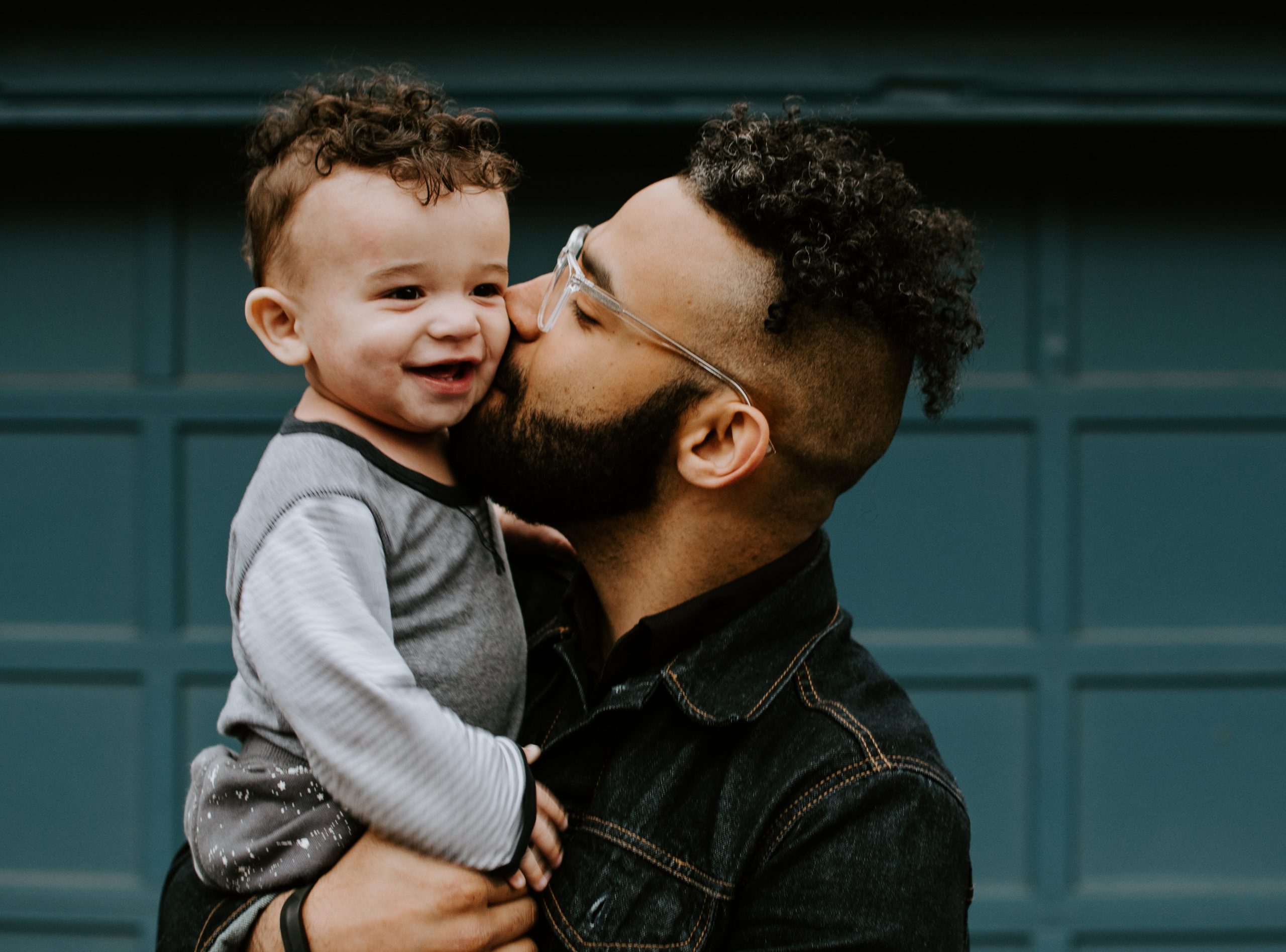
Family Hubs: what are we learning about designing forward differently
blog | Words Charlotte Billington | 21 Mar 2023
What is a Family Hub?
Family Hubs have been a key priority for all leaders working in Children’s Services since they were announced by the Department for Education (DfE) back in 2021. The ambition for hubs is a ‘one stop shop’ for families, creating more accessible, better connected and relationship-centred physical and virtual spaces that families can use as soon as they seek help and that seamlessly support them as their needs change over time.
To achieve this ambition, the DfE and its supporting body, the National Centre for Family Hubs hosted by the Anna Freud Centre, have provided guidance on developing Family Hubs to local authorities. This guidance gives a clear structure for the planning of hubs, using a theory of change framework to bring a wide range of partners and peers involved in supporting families together, to identify how integrated and seamless support can be provided through hubs and how families voices can be put at the centre of this planning.
What do we know about good practice for developing hubs within communities?
At Innovation Unit, our mission is to transform systems to create long term impact and reduce the most persistent inequalities. We are experts in supporting innovation to flourish, working in places to identify where and how systems can be transformed to better serve people who rely on them.
Over the last six months, we have been applying our expertise in place-based transformation and our intimate understanding of the children’s social care sector, to our work with three authorities, Salford, Stockport and Trafford. We have been learning how to practically apply the national ambition and guidance for Family Hubs within each unique context, drawing on our formula for innovation and impact which identifies and tests how different local Family Hub models can be led by what families need.
What have we learnt so far?
Creating a powerful shared vision
When developing new solutions, the first step is to create a powerful shared vision that is agreed by all partners and those who have a vested interest in the outcome. We worked with authorities to run theory of change workshops that brought together a wide range of partners across education, early years, health, mental health, youth services, SEND, probation, safeguarding and others to define and agree a vision, working backwards to then look at the steps needed to make that change happen. This collective endeavour led to clear implementation plans which will be taken forward to pilot and test with communities.
Co-designing with the people who benefit
These visions and solutions only work, however, if they are co-designed with the people who they matter most to – a level of engagement which can feel daunting to professionals who haven’t previously been involved in co-design with families and communities as part of their work.
So, as a first step, we developed engagement frameworks that help professionals and those working with families explore the experiences and lives of families: what do they love, what might they need, who would they look to for support? In one authority, a wishing tree toured the localities, asking families to share their wishes for families in the city. One key wish was for safer places, both for play and for parents and carers to feel welcomed and accepted. This then shifted the idea of Family Hubs as a place where services could be delivered, to places that focus on creating safety for families.
Bringing in the voices and views of those who use services opens up possibilities and new ideas that inform a shared vision for service design. Our next phase of learning is to build out from this engagement to create Family Hubs that are locally co-designed and owned by families and communities, working in the places – such as supermarkets, libraries, parks – and with the people – like family members, community leaders or friends – that already feel safe and trusted by them.
Taking a community-led approach
Family Hubs provide the opportunity for local authorities to design forward differently and test new community, place-based approaches to delivering help and support services to families. Through our work, we have heard from families and partners that hubs should be places where families already go, with people in them that they already trust and services and support that families play a lead role in shaping.
This means that the focus for designing hubs should start with the question: “What does this community need?” in order to identify and create a system of support that works together holistically with and for families, with a community identity and community leadership, rather than: “What services already exist that I can put in a hub?” which reinforces existing siloed systems and identities which don’t work for families.
We are beginning to see this strategic direction of travel begin to unfold. More authorities we work and engage with are beginning to embark on whole-system transformation programmes, with a focus on place and people, instead of siloed partnership approaches that are costly, resource intensive and ineffective for people within them. Innovative partners that we have worked with have recognised the opportunity that Family Hubs implementation provides for testing a new approach to service design that can bring multiple services together and that can then be replicated across the authority.
What’s next?
We’re looking forward to taking this work into co-design at a local level with communities, families and professionals. And we have strong examples to draw from, taking inspiration and learning from our Living Well programme for developing co-produced community-owned mental health systems.
This learning is coming at a fruitful time. In February this year, the DfE published its response to the Independent Review of Children’s Social Care, supporting a recommendation to move to a model of Family Help, joining up support for families with a focus on family networks and the strengths and assets in communities, to ensure that families get the right support at the right time.
Leaders now have the opportunity to get ahead of the curve and design forward differently to develop community-focused Family Hubs, making the most of the learning we’ve outlined above.
Innovation Unit is excited to be on the journey with authorities that are forging ahead with the Family Hubs agenda, developing multi-disciplinary partnerships and working hand-in-hand with communities to meet local needs.
If you are interested in working with us, or hearing more about what we have learned, please contact charlotte.billington@innovationunit.org.
